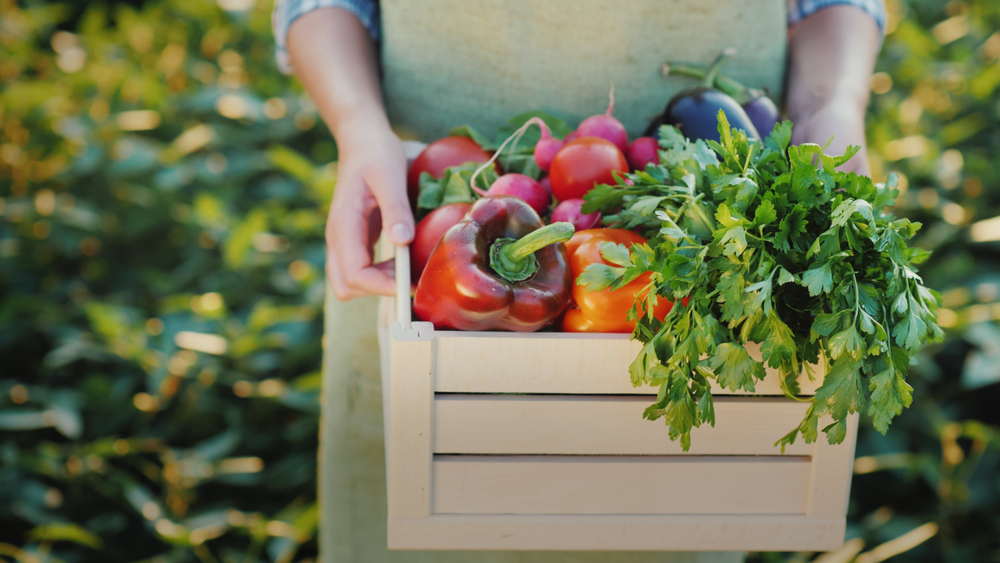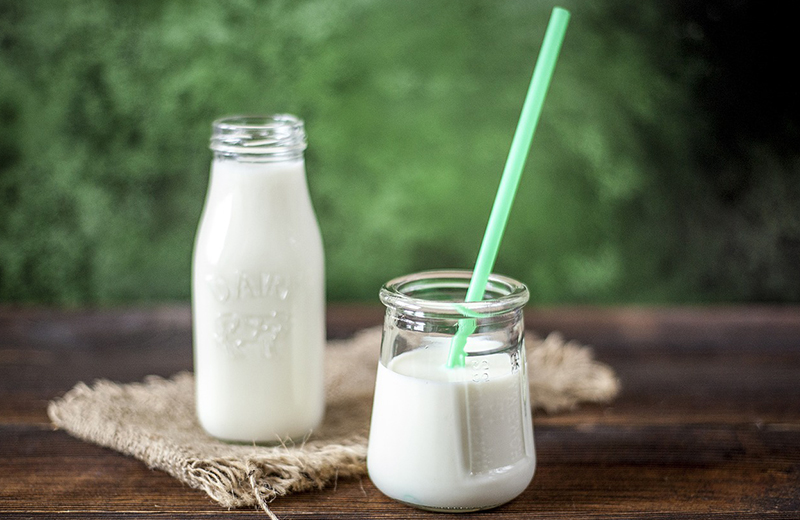Nutrition tips
Organic food benefits and advantages over non-organic

Organic foods have exploded in popularity over the last two decades. But is it really healthier? Is it worth the expense? And what do you need to know about organic food?
Organic food is produced by farmers who emphasize the use of renewable resources and the conservation of soil and water to enhance environmental quality for future generations.
What makes organic food better than non-organic food?
- Organic meat, poultry, eggs, and dairy products come from animals that are given no antibiotics or growth hormones.
- Organic food is produced without using most conventional pesticides; fertilizers made with synthetic ingredients, bioengineering genes (GMOs) or ionizing radiation.
How do I know if this product is organic?
Before a product can be labeled "organic," a Government-approved certifier inspects the farm where the food is grown to make sure the farmer is following all the rules necessary to meet local standards for organic food..
Organic Food Benefits
How your food is grown or raised can have a major impact on your mental and emotional health as well as the environment. Several studies show that organic food have more beneficial effects, here are some of benefits of organic food:
- Organic products contain fewer traces of pesticides.
- Organic food is often fresher, because it doesn’t contain preservatives that make it last longer, and Fresh food usually taste better!
- Organic farming is better for the environment.
- Organically raised animals are NOT given antibiotics, growth hormones, or fed animal byproducts.
- Organic meat and milk are richer in certain nutrients.
- Organic food has Higher level of antioxidants. Organic fruits and vegetables contain 40% more antioxidants according to research. As an element that the body needs to keep the system healthy and free from disease, having more antioxidant is sure to be beneficial.
- It Promotes a healthy family.
- Organic food is GMO-free
But Unfortunately, organic food has some disadvantages like:
- More expensive.
- Doesn't last longer
- Not widely available.
- Takes a lot of work.
Here are some tips that can help you buy organic food
- Buy in season, Fruits and vegetables are cheapest and freshest when they are in season. You can also find out when a product is delivered to your market. That way you know you're buying the freshest food possible.
- Shop around, Compare the price of organic items at the grocery store, the farmers’ market and any other venue.
- Remember that organic doesn’t always equal healthy, Junk food can just as easily be made using organic ingredients. Making junk food sound healthy is a common marketing ploy in the food industry. But organic baked goods, desserts, and snacks are usually still very high in sugar, salt, fat, or calories. It pays to read food labels carefully.














